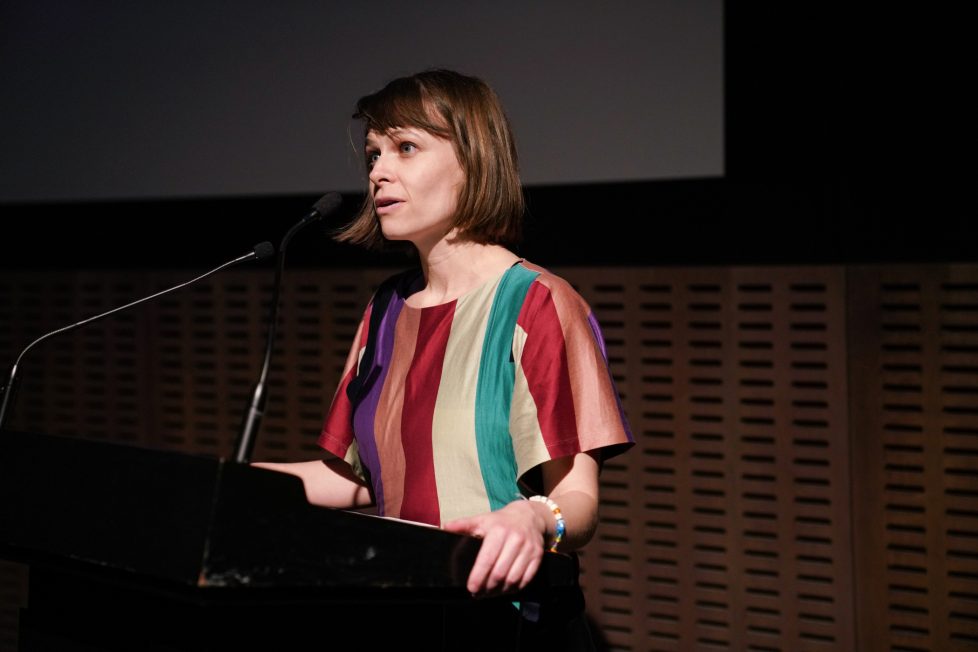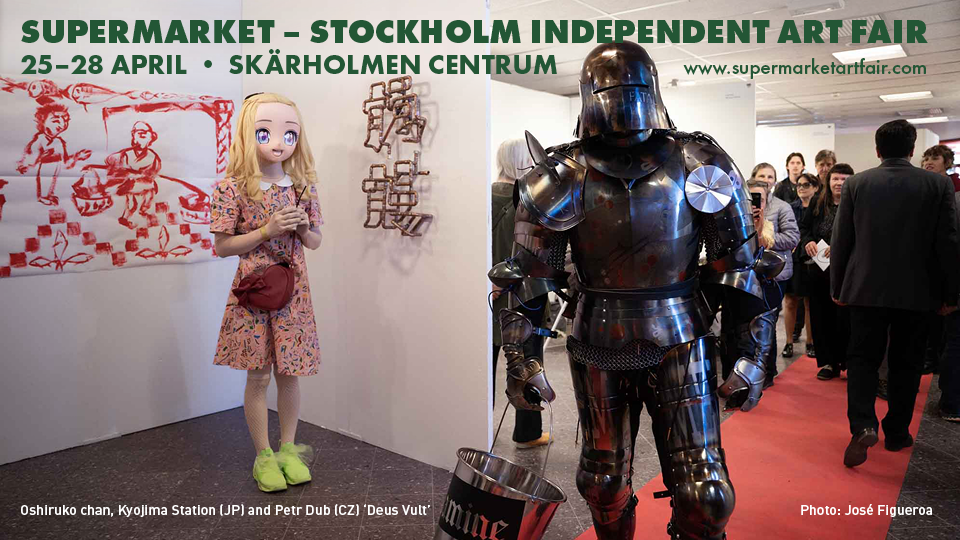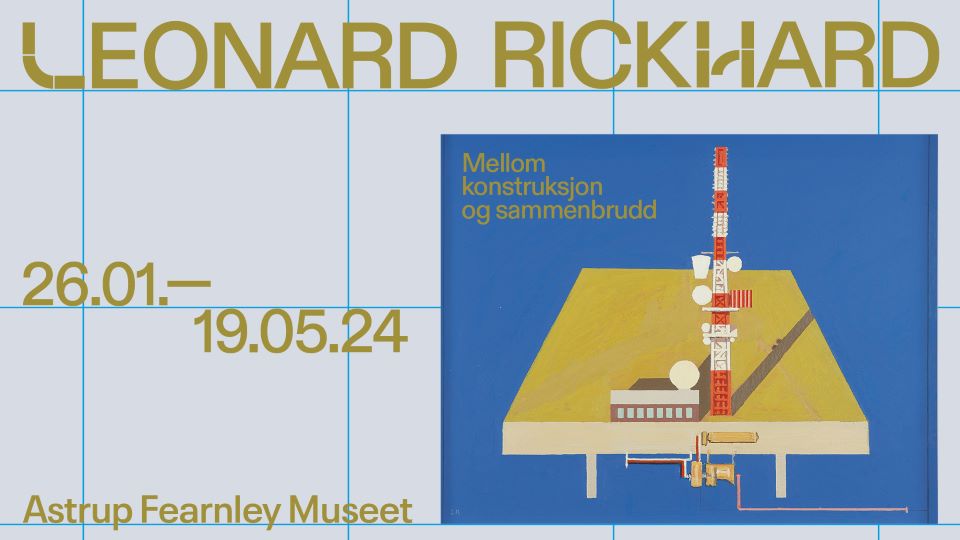
This autumn, Sarah Lookofsky will take up the position of dean of the Academy of Fine Arts at the Oslo National Academy of the Arts (KHiO). She previously worked in art education at the Whitney Museum Independent Study Program and The New School in New York. She recently held a managerial position at the international research programme at the Museum of Modern Art (MoMA) in New York. Now the Danish curator and academic is looking forward to getting to know the students and staff at KHiO – and to learn which practices and ideas they are currently focusing on.
“At MoMA, I primarily worked with research outside a Western context. These different perspectives have made a big impression on me, opening my eyes to really exciting aspects of art history from other parts of the world that I never heard about during my own studies,” Lookofsky said.
As dean, she will be tasked with spearheading the development of the Academy of Fine Arts’ study programmes. Lookofsky believes that the pandemic has created a rare common framework of experience that all individuals and institutions, regardless of location, have had to address and respond to. “I am interested in finding out how discussions and collaborations abroad, including beyond the scope of the pandemic, can evolve both by virtue of and in spite of these worldwide conditions,” she said.
Antiracism at KHiO

The rector of KHiO, Måns Wrange, sat on the selection committee that appointed Lookofsky to the position. During his run for the rector’s post in 2019, the election programme that he and pro-rector Anne-Linn Akselsen presented placed special emphasis on working with inclusion, diversity, and anti-discrimination. This autumn will see the resumption of the three-year action plan that had to be suspended when the coronavirus pandemic hit. Wrange believes that Lookofsky’s background working in the United States will be beneficial to this work. “Many American art academies have a long tradition of inclusion and anti-discrimination work aimed at opening up art education to more perspectives and groups than those of the often-white middle class which largely still dominates art academies in Europe,” he said.
In the wake of the Black Lives Matter protests, an open letter from the PhD fellows at KHiO was published before the summer asking the school’s management to take part in the global fight against “racism and white supremacy.” The letter calls upon the school to create a platform “where we, as a whole, will arrange a series of events to discuss any topics that arise around issues of racism, sexism, differences, inclusion and abuse of power.” Among other things, the PhD fellows will address Vanessa Beecroft’s work vb48.721, which hangs in one of the school’s common areas and is considered by many to be problematic. Shortly after the letter was published, a petition signed by over a hundred students from KHiO also called for the school to take concrete measures to combat structural sexism and racism.
The letters, and the rector’s subsequent statements in support of them, were opposed in an essay published in the newspaper Morgenbladet. The essay was signed by five students at KHiO who are concerned about the developments at the academy. They accuse Wrange and the academy management of removing content relevant to art as a discipline from the curriculum in favour of identity politics and “politically correct indoctrination.” Wrange is surprised that the students interpret working with inclusion and anti-discrimination as ‘indoctrination’, and that they believe such measures will automatically mean removing content relevant to art:
“Has the feminist struggle which has made art education and the art world less patriarchal – even though the #metoo movement has shown that a lot of work remains to be done – been opposed to artistic content? To my mind, this is a process concerned with justice and knowledge, about becoming aware of one’s own, in many cases privileged, position and including more perspectives that will enrich rather than delimit art and art education.”
A need to learn
When asked about her position on Wrange’s policy, Lookofsky answered that she is familiar with similar discussions about freedom of expression in cultural life in Denmark, as well as with the Black Lives Matter movement and related discussions about how historical oppression has consequences for racial inequality in contemporary America.
“I recognise that within the art field, there is both a desire to create without restrictions and a wariness of censorship. At the same time, there is now a need for institutions where everyone can feel welcome, including communities that haven’t historically been represented. One thing I do know from my shared Danish-American view and from my work at MoMA, where I worked with research in a global context, is that discourses are not imported wholesale, but that they will necessarily manifest differently in different local contexts. Now I have arrived in a new context and will need to learn what historical circumstances and contemporary conversations apply here,” Lookofsky concluded.















